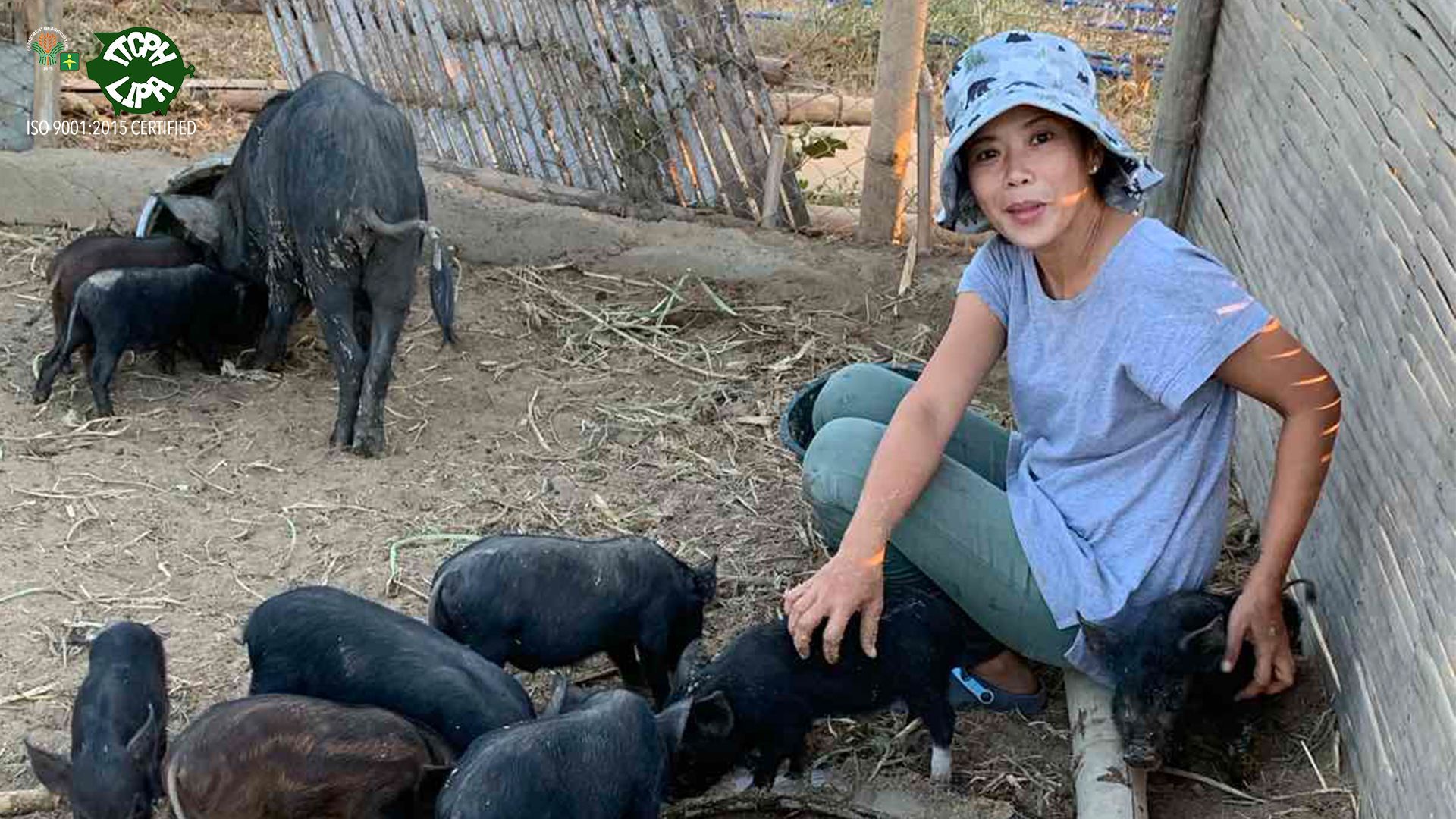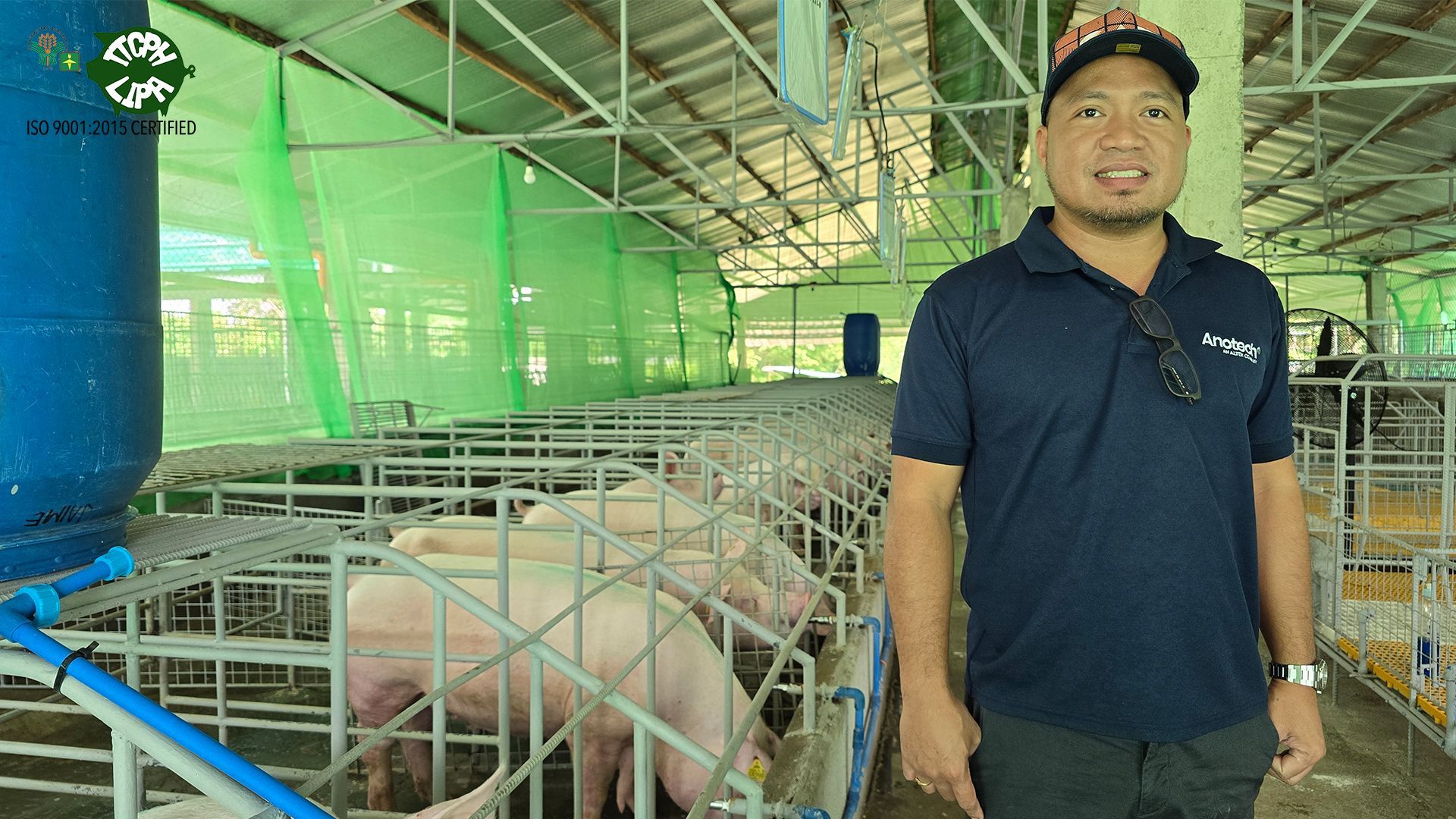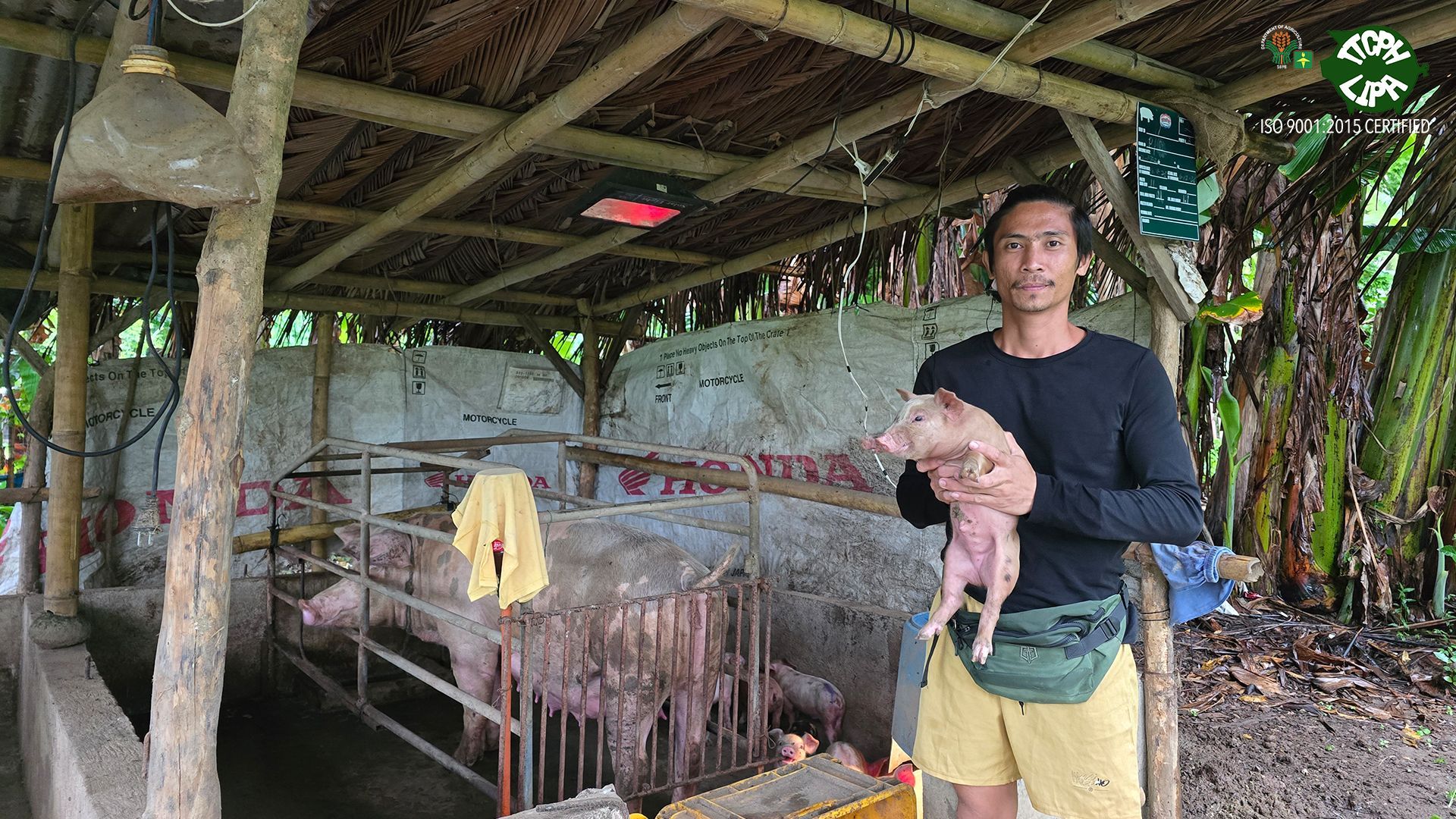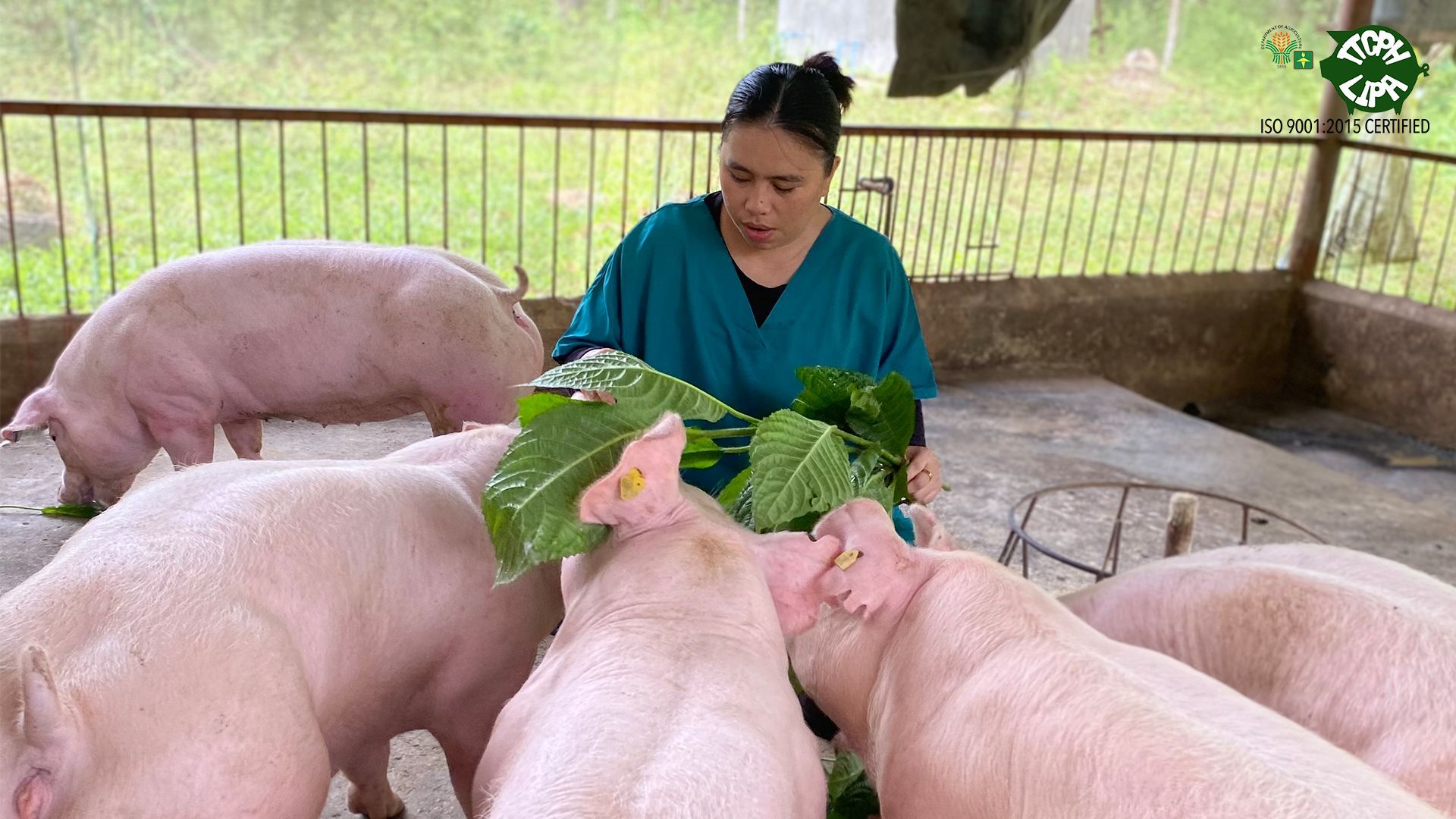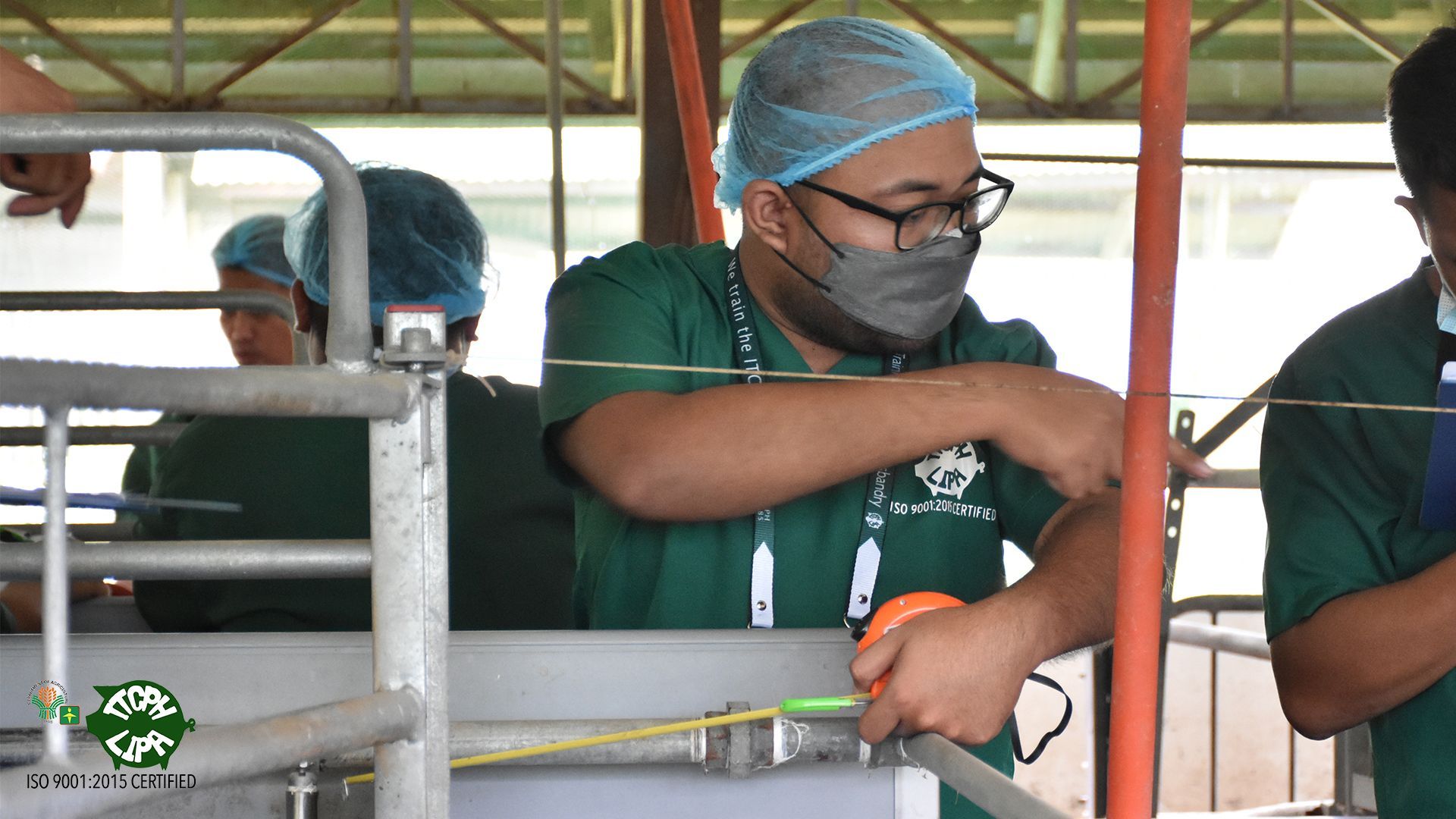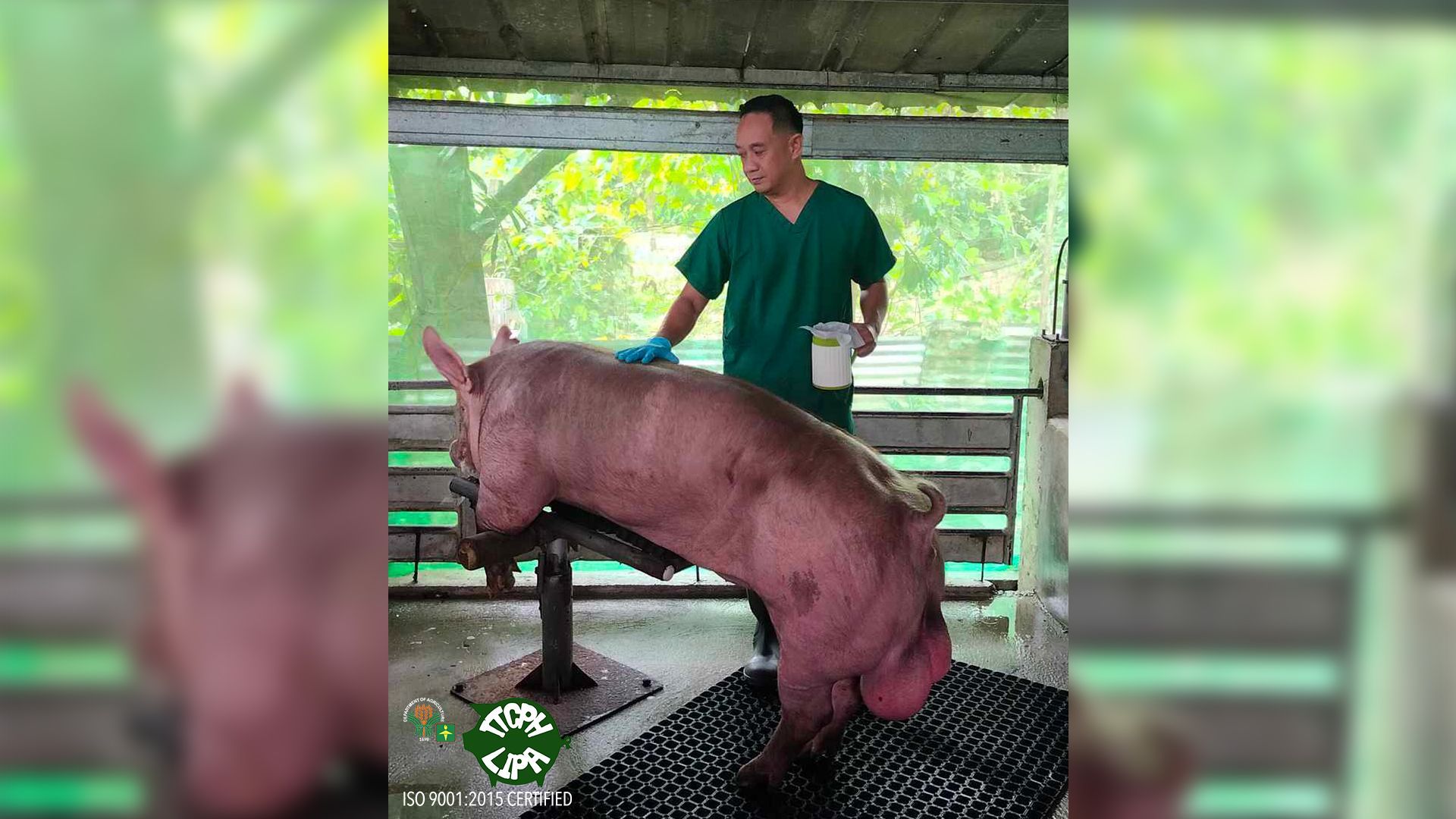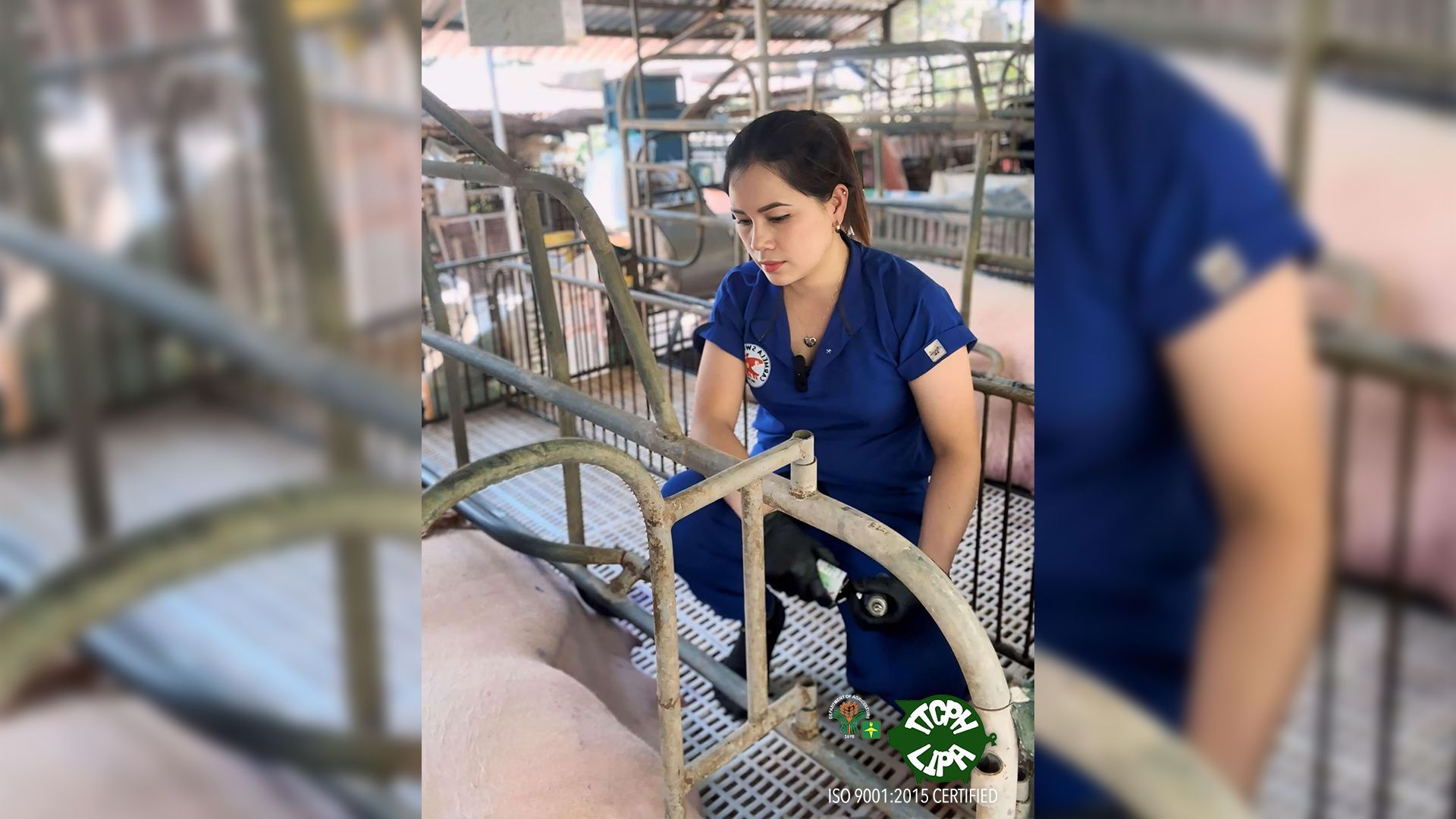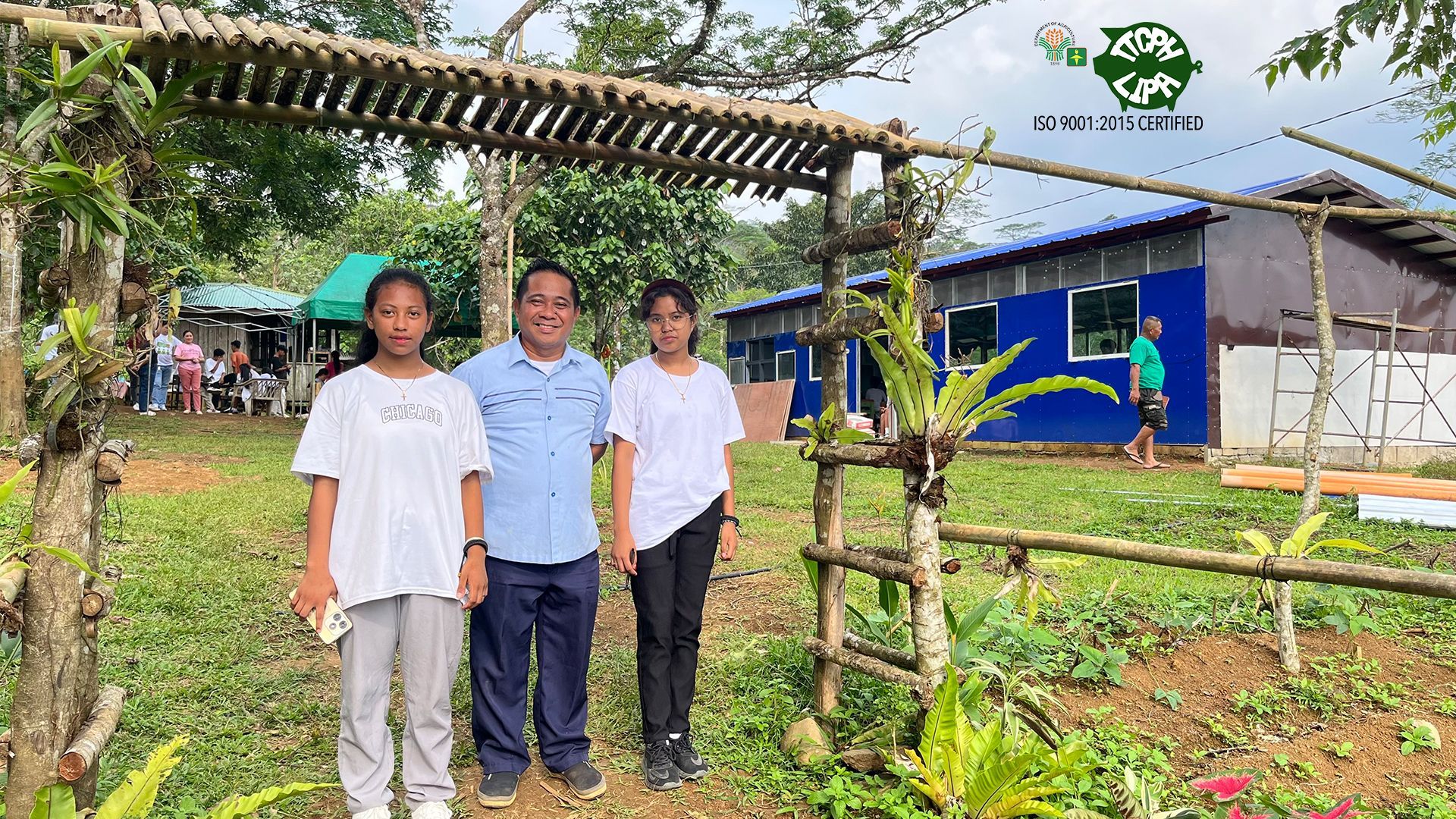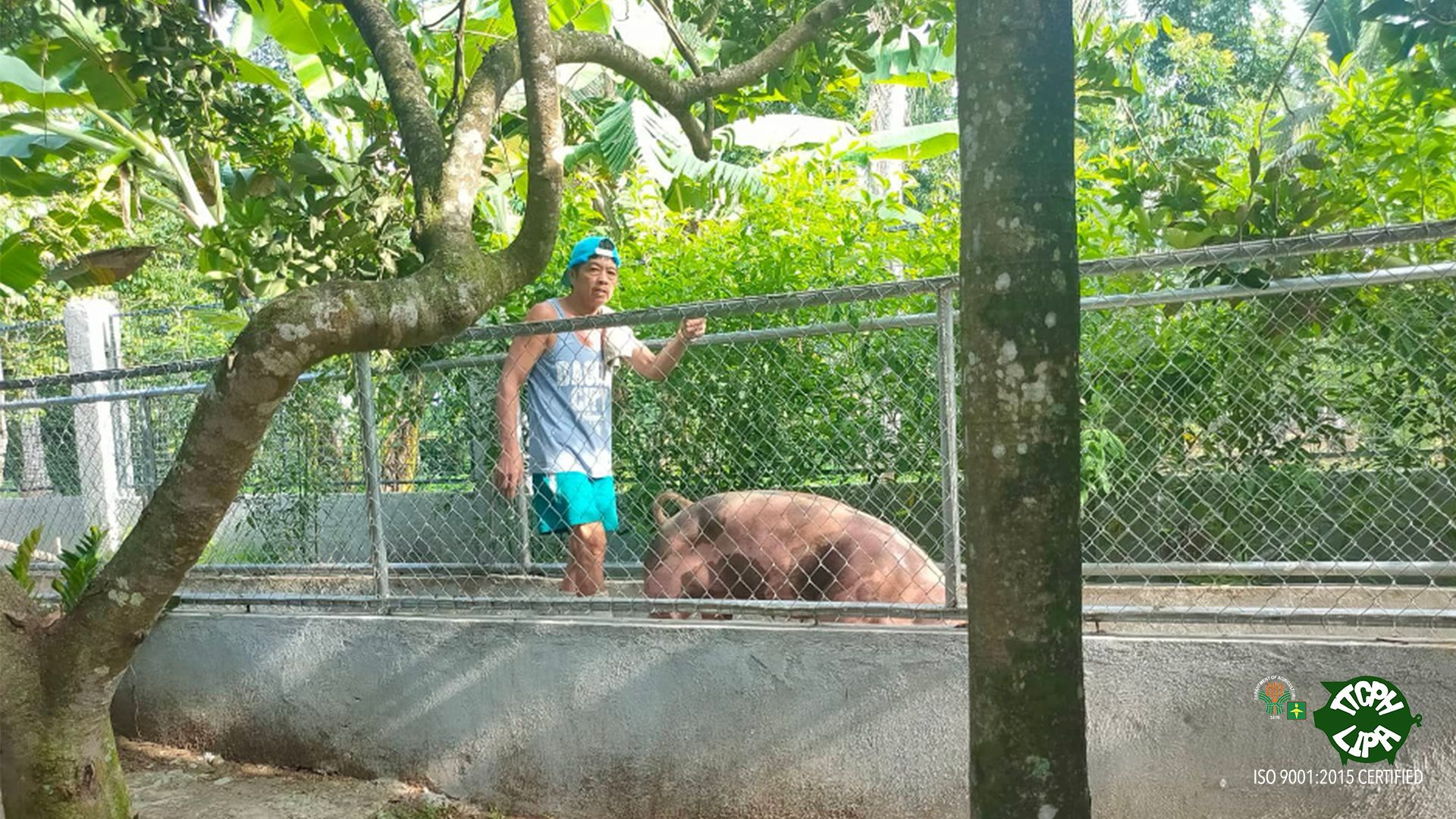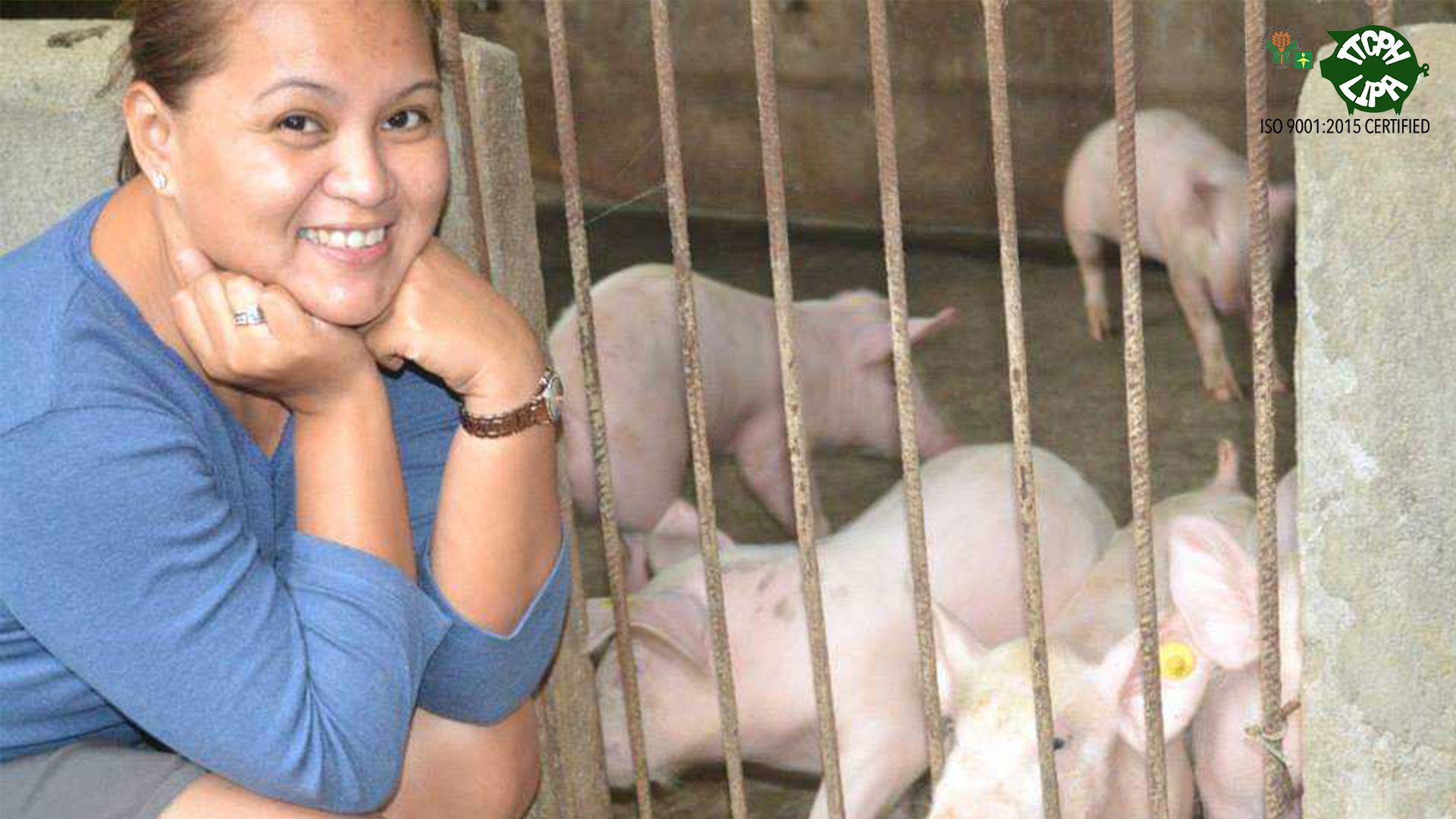Advancing in Agriculture, A Choice?
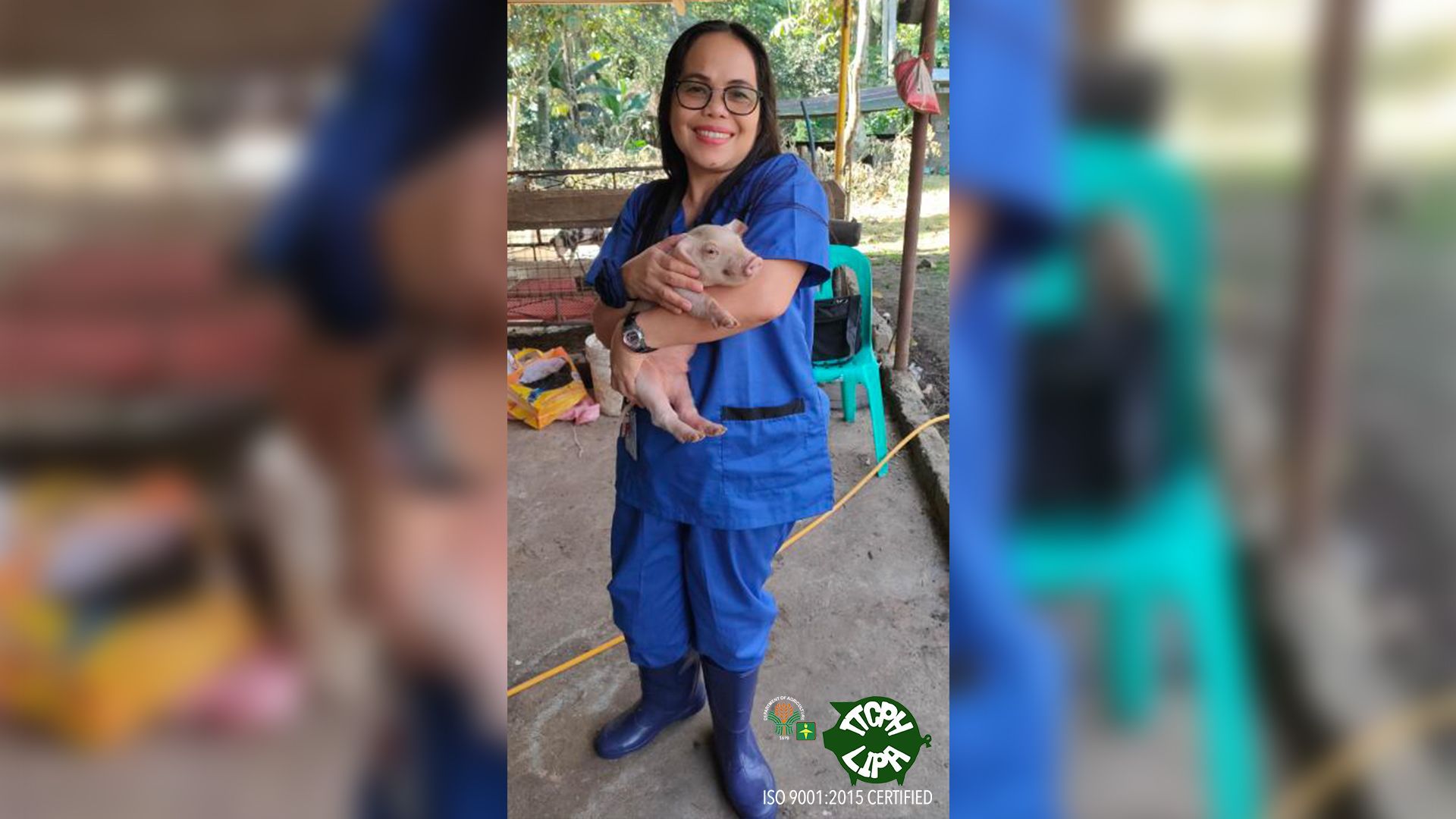
The primary sources of learning are found in books, schools, and experiences. In terms of education, there are multiple levels of acquiring knowledge. For some, education is an investment. Others are privileged to receive special forms of education like trainings as part of their employment.
How do people step higher in their chosen fields? It could be self learning, experimenting, grabbing scholarships, learning from other’s experiences, or acquiring formal instruction.
A certain field further branches to numerous areas of specialization. The Agricultural Training Institute – International Training Center on Pig Husbandry (ATI-ITCPH) located in Lipa City, Batangas for example specializes in pig production. It offers inter-related disciplines that direct trainees in all angles of growing pigs, from the scientific way of thinking up to the sustainable way of doing things.
Aside from being a training center, the ATI-ITCPH is also a Technical Education Skills Development Authority (TESDA) Accredited Training and Assessment Center. Partnering with TESDA steps-up the game in increasing the potential of students to master a career as a trainer, assessor, or work in the international scene as a producer.
Why is there a need to advance in agriculture? For agricultural extension workers, additional know-how is the key in maintaining a good relationship with clients making them credible for promotion. Farmers on the other hand are always hungry for knowledge to keep their production high.
One of the ITCPH alumni, Ms. Maria Lisa Fe Olaivar Tria, 54, from Pagbilao Quezon specializes in fishery. She has worked with various government agencies as a community organizer and teacher. After spending more than two decades of teaching technology and livelihood education to high school students, she crossed path of learning swine production. “I have zero knowledge in swine, poultry, and ruminants”, she shared.
Her employment to TESDA QNAS made her pursue swine, and eventually aspired for more. Participating to a 2-month training at ATI-ITCPH supplemented Lisa with the updates in pig production. Equipping herself with the necessary knowledge and skills in pig farming, she was able to become an Instructor I, AC Manager, and NC II Assessor in Animal Production (Swine).
"As an educator, there is a need to arm yourself with knowledge."
she added. The Center is proud to see Lisa shine in the field of swine. Once a trainee, now a trainer and assessor.
In the world of agriculture, mastering a subject is crucial. The ATI as the capacity builder of farmers is equipped with resources and instructional tools in upgrading the farmer’s way of living. TESDA on the other hand offers NCs to individuals who are competent in a particular area of field through a comprehensive assessment process.
Training centers, schools, and other institutions intended for instruction may consider strengthening its array of specialization through partnering with TESDA.
In an article published by TESDA, it emphasized that NC II and Dual Training System (DTS) play an important role in addressing job-skills mismatch. Studies have shown that DTS and other TVET modalities that promote industry partnerships result in high employment rates.
Lisa is only one of the ITCPH graduates who serves the role of a TVET trainer and assessor in the Philippines.
Would you dare to undergo an NC II Assessment?
#ITCPHway #LearningByDoing
